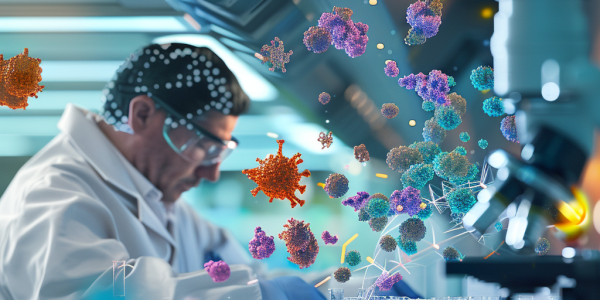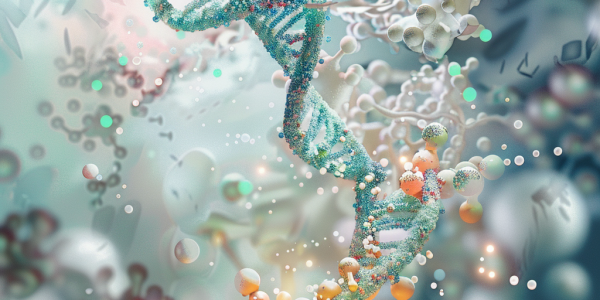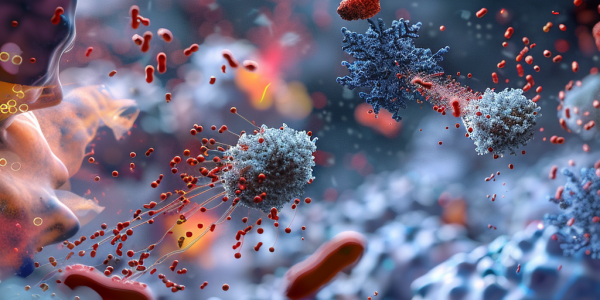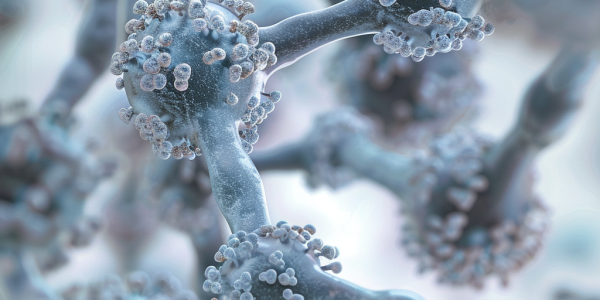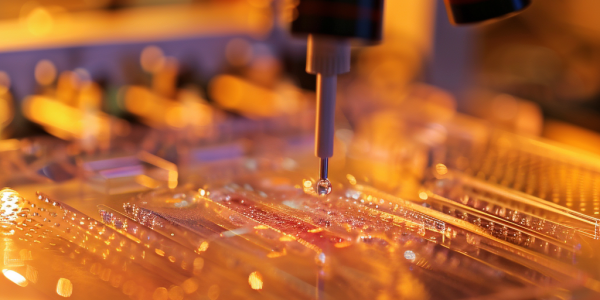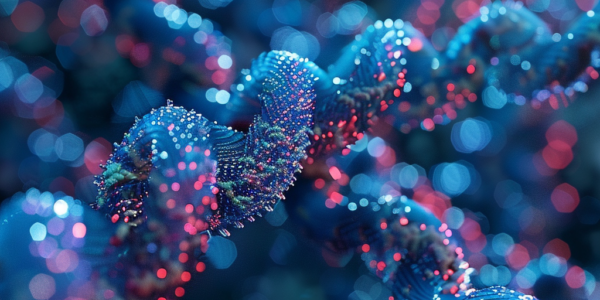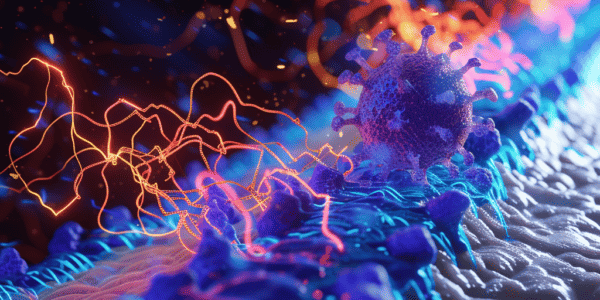Nanotechnology Breakthrough Offers Targeted Treatment for Acute Myeloid Leukemia
Recent advancements in nanotechnology offer a groundbreaking treatment for acute myeloid leukemia (AML). Researchers at UNIST have developed a novel nanoparticle system that selectively targets and destroys leukemia cells while minimizing side effects. This innovative approach could revolutionize cancer treatment, providing safer alternatives to traditional chemotherapy and improving survival rates for patients with AML.
Breakthrough in Gene Editing: Targeted In Vivo Treatments Show Promise for Genetic Disorders
Recent advancements in gene-editing therapies are revolutionizing treatment for genetic disorders. Researchers at UT Southwestern have developed lipid nanoparticles for in vivo gene editing, showing promising results in correcting mutations linked to cystic fibrosis. This innovative approach could lead to one-time treatments that eliminate the need for complex procedures, offering hope for various genetic conditions.
Groundbreaking Nano-Immunotherapy Developed for Lung Cancer Treatment
Researchers at Brigham and Women’s Hospital have developed a groundbreaking nano-immunotherapy for lung cancer that delivers anticancer drugs directly to cancer cells and boosts the immune system’s ability to combat the disease. This innovative approach targets multiple proteins on cancer cells, enhancing the immune response and minimizing side effects. Published in Science Advances, this new therapy offers hope for patients with non-small cell lung cancer who have not responded to traditional treatments.
Revolutionary Vortex Fluidic Device Creates Gold Nanoparticles Without Harmful Chemicals
Researchers at Flinders University in South Australia have developed a groundbreaking method to create gold nanoparticles using a vortex fluidic device without harmful chemicals. This innovative approach not only produced nanoparticles but also revealed a contact electrification reaction in water, generating hydrogen and hydrogen peroxide. The environmentally friendly and efficient process offers potential applications in various fields such as drug delivery, catalysis, sensing, and electronics.
Revolutionizing Cancer Treatment: Nanoparticle Breakthrough Targets Brain Metastases
Researchers at the Sylvester Comprehensive Cancer Center have created a groundbreaking nanoparticle that can penetrate the blood-brain barrier, offering new hope for treating brain metastases. Loaded with drugs targeting cancer cell mitochondria, this innovative approach shows promise in shrinking tumors and addressing primary tumors concurrently. Dr. Shanta Dhar highlights the significance of nanomedicine in cancer therapeutics, emphasizing the potential of targeted therapies to minimize harm to healthy tissues. This development represents a significant advancement in cancer treatment, opening doors for more effective and precise therapies.
Innovative Device Developed for Gene Therapy Delivery in Lung Diseases
Oregon State University researchers have developed a groundbreaking device for improving gene therapy in patients with inherited lung diseases like cystic fibrosis. The innovative microfluidic aerosolization platform aims to revolutionize gene therapy treatments by addressing the limitations of current nebulization techniques.
Groundbreaking Advancement in Cancer Treatment with Protein Micromaterials
Researchers at the Autonomous University of Barcelona have developed groundbreaking micromaterials composed of proteins for targeted cancer treatment. These self-contained micromaterials mimic natural secretory granules, delivering nanoparticles to specific cancer cells for destruction. The technology, patented by the researchers, has shown high performance in animal models of colorectal cancer, offering potential for enhanced drug efficiency and patient comfort while minimizing side effects.
Electric Fields of Cells Repel Nanoparticles, Impacting Drug Design and Delivery
An intriguing discovery has been made by scientists regarding the electric fields of cells and their ability to repel nanoparticles, especially those with little or no electrical charge. The findings, published in the Journal of the American Chemical Society, shed…
New Nanotherapy Offers Breakthrough in Allergy Treatment
Northwestern University researchers have made a groundbreaking discovery in the field of allergy treatment. They have developed a new therapy that can selectively prevent allergic reactions without suppressing the entire immune system. The therapy involves decorating nanoparticles with antibodies capable…

